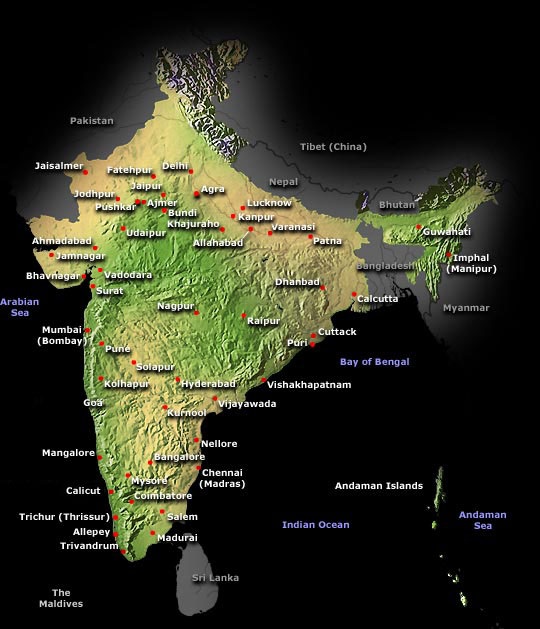July 21, 2007 – Kenya
Freedom at last! When James first told us we could go on a morning walk, I thought he was kidding. Hadn’t we just seen wild dogs attacking elephants about fifty meters from our room? After traveling through Lake Manyara Park and the Serengeti in the confines of a car, it almost felt taboo to be allowed to walk outside. Then again, the Masai do it every day.
With one armed ranger at the rear and one Masai warrior at the front, we made our way into the bush. Among our more benign findings, we encountered lavender (used as a natural deodorant), mint, and a toothbrush tree (much better than Colgate). Overhead, we spotted eagles, hawks, and weever nests (which are always on the west side of a tree, in case you ever get lost in Kenya). Closer to ground, we encountered tracks…there were giraffe, buffalo, elephant, dik dik, and cheetah prints.
Every once in a while, we ran into a large pile of dik dik scat. Dik diks are one of the tiniest antelope in Africa and have the tiniest scat. So why do they bother to sweep it together into big piles? As the Masai story goes…there once was a dik dik who was minding his own business enjoying the shade beneath an elephant. Suddenly, a huge elephant paddy lands on him and he is squished flat. After a day, the dik dik recovers and tells his mate, “It’s time for revenge.” Dik diks don’t have too much competitive advantage when it comes to size, but they aren’t stupid. The dik diks decided to push together all of their small scat in one big pile and ended up tripping lots of elephants (and some humans as well!).
After eating breakfast on the banks of a year-round river, we turned back towards the lodge. It was good to exercise and get sweaty. The land around us was heating up and all the animals were taking their midday siestas. Even the water hole next to Il Ngwesi was deserted, but not tempting enough to jump into. We waited until we got up to the clean water of the pool and then jumped in. James told us that in times of draught, even this pool becomes an elephant drinking hole.
In May last year, a hand-reared orphan black rhino named Omni was moved to Il Ngwesi. There are also two white rhinos in the sanctuary, but as a lone male of his species, Omni has become quite aggressive and the Masai are making plans to introduce another black rhino this year. In late afternoon, we climbed up behind the bandas and walked along the rhino sanctuary fence in the hopes of catching a glimpse of a rhino. We did not see any rhinos, but we enjoyed our hike through the valley beneath our banda, and imagined running into the elephants we saw here yesterday evening. Luckily, the elephant family had moved out, and we only encountered an owl, standing silently in a tree beside our tracks.
This evening, we received a beautiful farewell dinner and all the staff sang for us. It was a chorus of sounds that were out of this world…imitations of hyena, zebra, and owl. For the sake of cultural exchange, I also did some hula for them which they thought was hilarious :-)
Tonight, we didn’t roll the bed out into the open. Alex and Charly lay down on the platform and I squished between them with Charly on my left and Alex on my right. We looked up at a foreign sky. There were no dippers, Cassiopeia, or Orion. We couldn’t even claim knowledge of the Southern Cross. Instead, we talked about CPUs, buses, timeclocks per second, and assembly code. Pretty soon the only sounds coming from my left were the “put put put” of a sleeping Charly. It was time for bed.
Subscribe to:
Post Comments (Atom)

No comments:
Post a Comment